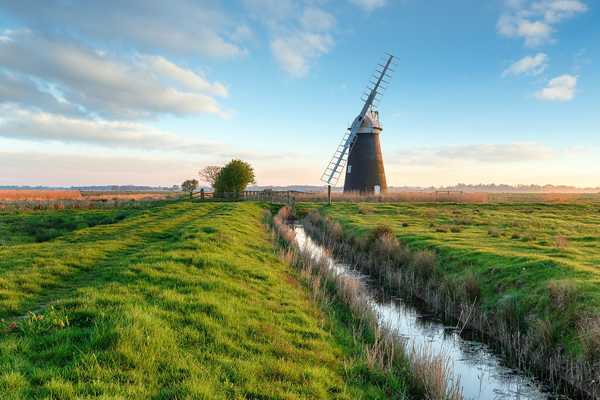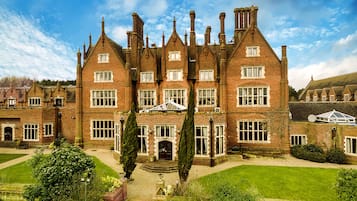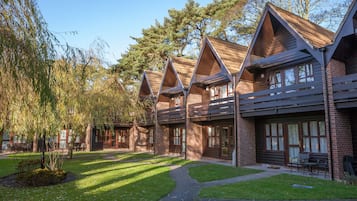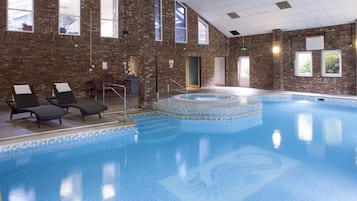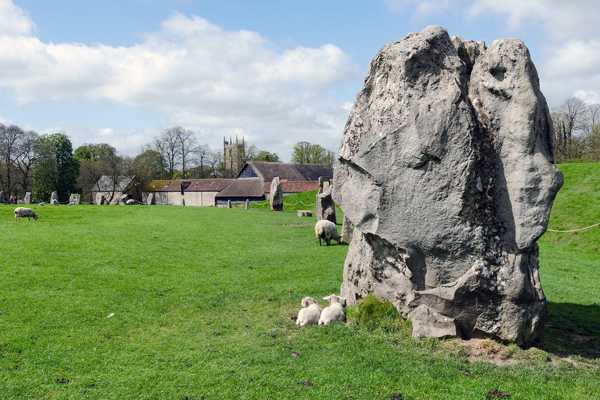Norfolk, East Anglia’s most northerly county, has been settled since the Neolithic age. Today, this pretty part of the UK retains plenty of natural attractions, many of them immutably intertwined with ancient finds. Its coastline extends for more than 90 miles, hiding secret beaches known only to locals or those who invest the time to find them.
Inland, the spotlight shifts to the waterways of the Norfolk Broads. Serene and unspoilt, the stresses of modern life melt away in this place that refuses to be hurried. To the south, commercial tree plantations and arable fields riddled with footpaths and biking trails have transformed the ancient heathland of the Brecks. Norfolk’s the ideal choice for a leisurely road trip, easily accessible from London.
- 1
Norfolk Coast AONB
Explore one of the UK’s most beautiful coastlines
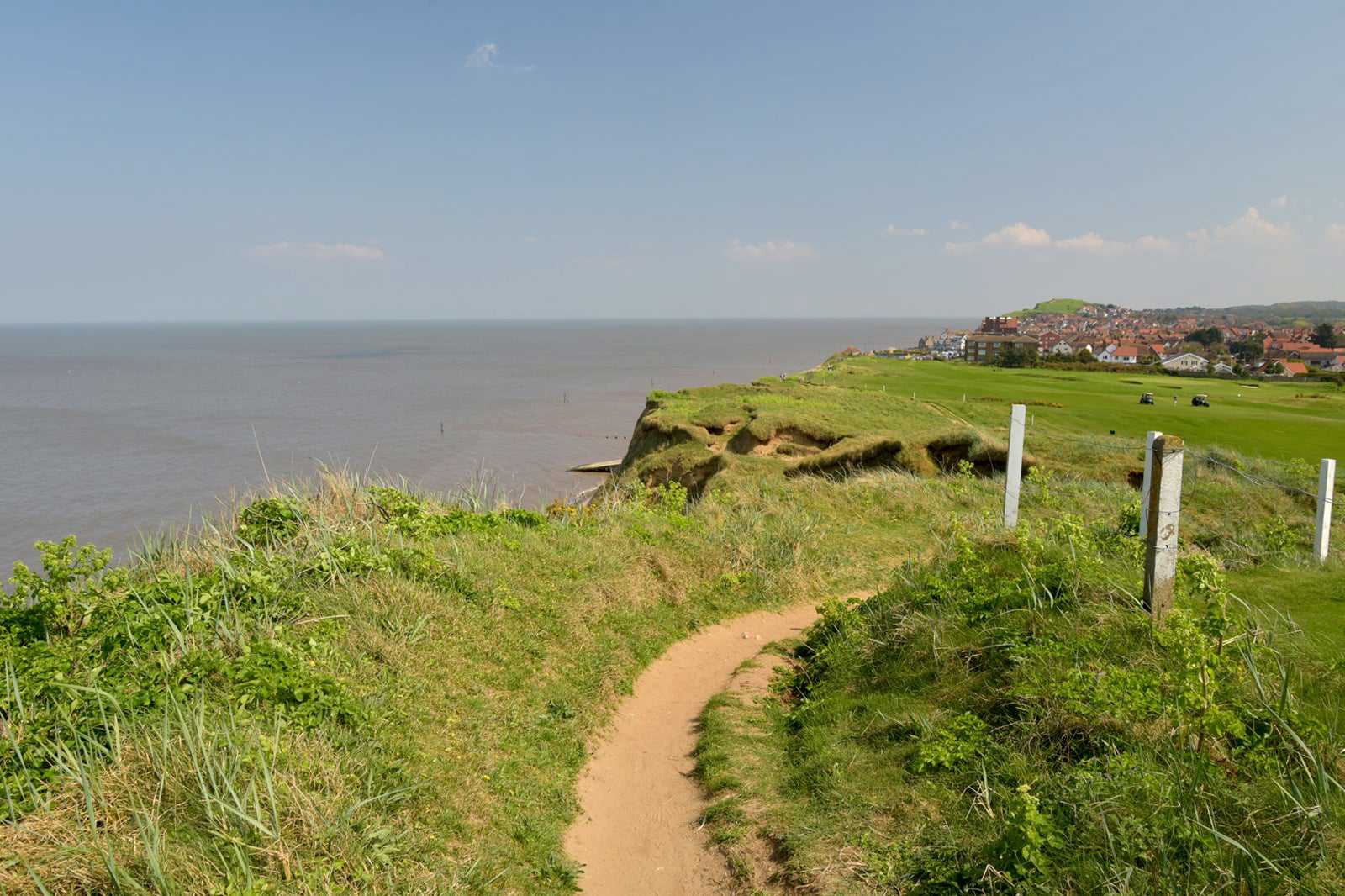
- Adventure
- History
- Photo
North Norfolk is home to the Norfolk Coast AONB. This delightful strip of coastline offers tidal salt marshes, broad swathes of sand and charming seaside villages bursting with flint cottages. There’s plenty to do: seal boat trips from Blakeney, steam train rides linking Holt to Sheringham and crabbing off the quay at Wells-next-the-Sea.
At pretty Cley-next-the-Sea, the water’s now miles away thanks to land reclamation schemes carried out as early as the 17th century. The void is filled with flower-strewn marshes that are perfect for wandering on foot. Stay at the village’s windmill, built in the early 19th century and once owned by singer James Blunt’s family.
Location: 23 Waterbank Rd, Sheringham, UK
Map - 2
Holkham Beach
Chill out on a royal family-favourite beach
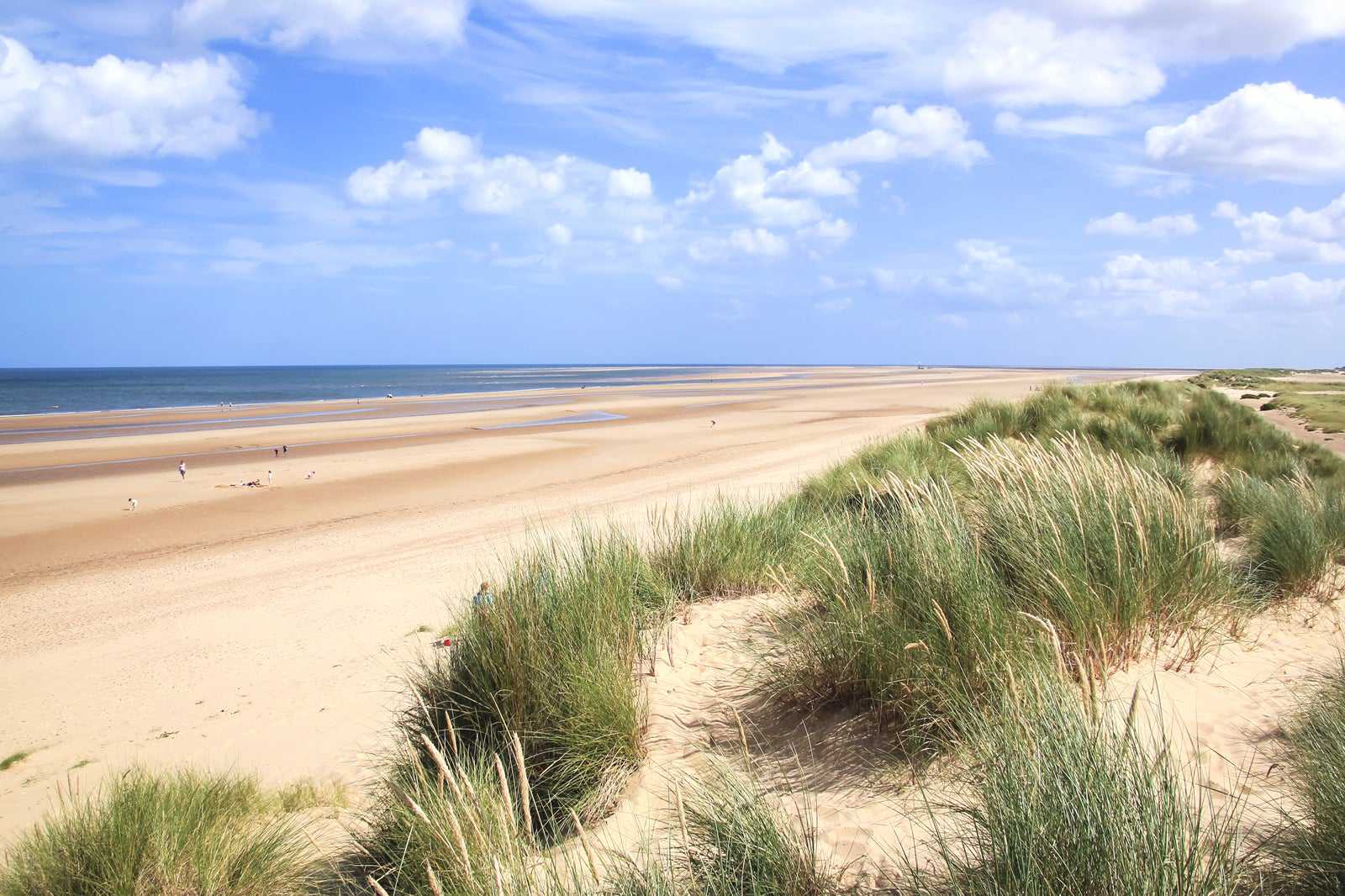
- Budget
- Couples
- Families
- Photo
Holkham Beach is a standout in a coastline that’s not short of spectacular beaches. The Queen has been known to walk her corgis on this beach. Each summer, soldiers of the Household Cavalry Mounted Regiment camp nearby, kicking up the surf as they gallop on their horses along Holkham’s shore.
A semi-circular basin of sand extending 1 mile out to sea is riddled with tiny creeks and rivulets. It floods on a high tide to create a gorgeous shallow lagoon. As the waves recede, the dune-backed sands take centre-stage; they were dramatic enough to steal the limelight from Gwyneth Paltrow in the Oscar-winning movie Shakespeare in Love.
Location: Holkham, Wells-next-the-Sea NR23 1RG, UK
Map - 3
Blakeney, Norfolk
Long shingle walk, home to England’s largest grey seal colony
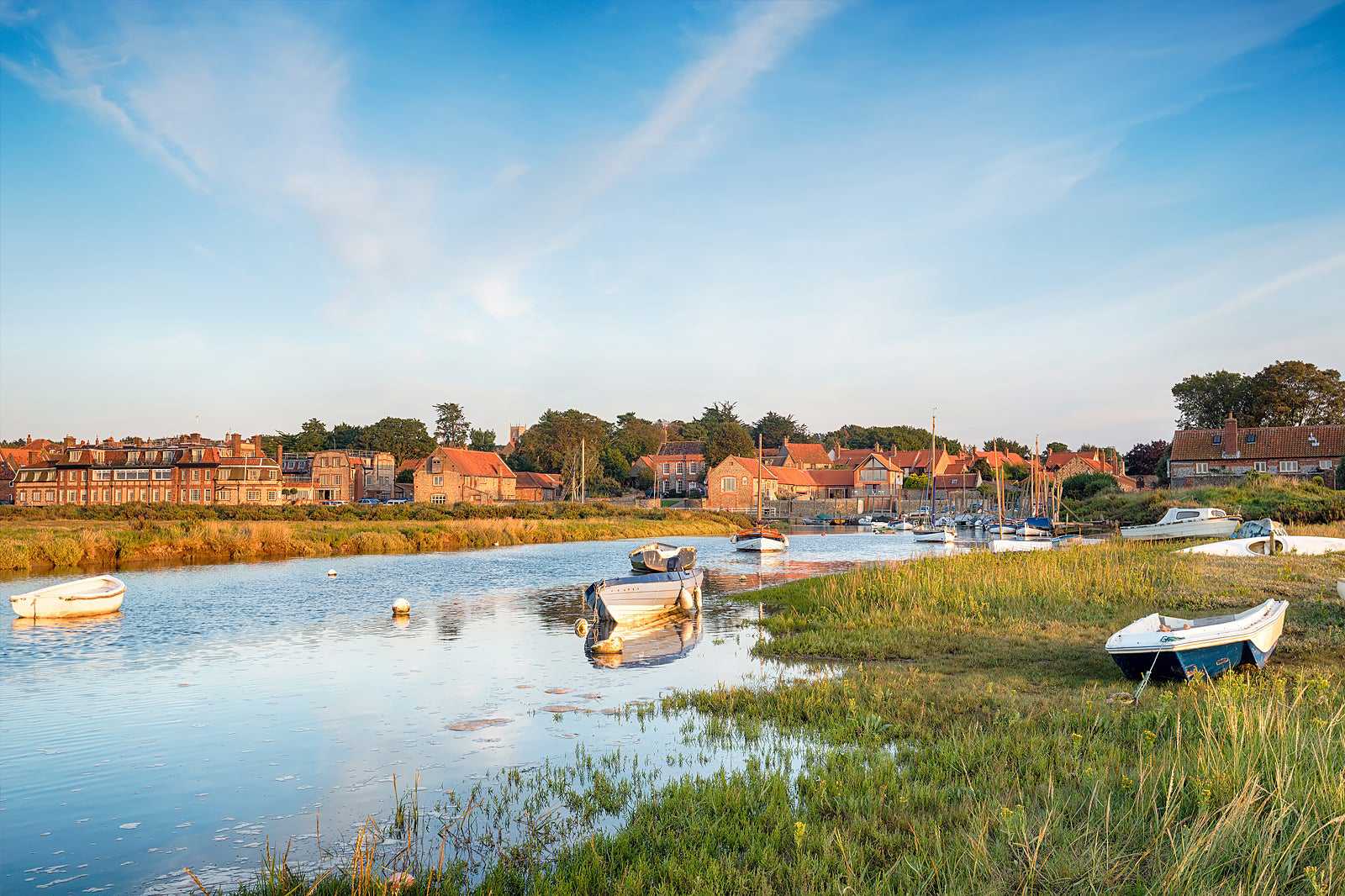
- Adventure
- Budget
- Photo
Blakeney Point on the North Norfolk coast is a 3-hour walk on a shingle spit alongside Blakeney National Nature reserve. As this walk is predominantly shingle, it's best for active people who do not mind walking on uneven ground. Blakeney Point is best known for seals, being home to England’s largest grey seal colony. If you're here between November and January, you will see newborn seal pups. The ferocious seal mating season takes place right after January. It's quite a spectacular sight as the bulls fight for the female’s attention.
At the end of Beach way, is the blue old lifeboat house. Today, it's used as a Watcher’s House from April to October during bird breeding season. For a truly special view, walk at sunset and admire the seal colonies over the dunes at the crest of the boardwalk.
Location: Blakeney, Holt, NR25 7BE, UK
Map - 4
Holme Dunes
Enjoy the wildlife in this diverse coastal reserve
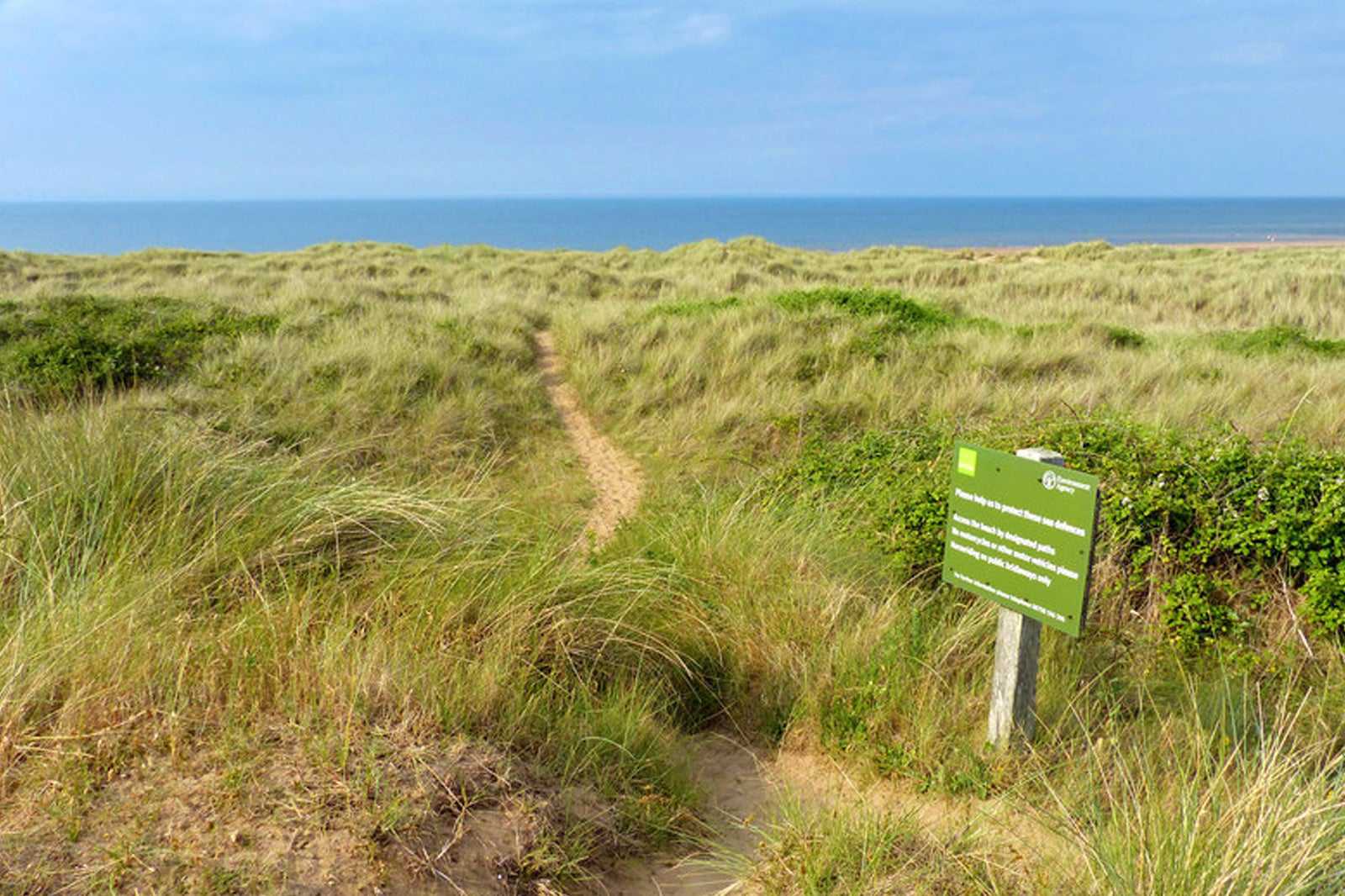
- Adventure
- History
- Photo
Holme Dunes, managed by the Norfolk Wildlife Trust, is a nature reserve spanning 230 ha. It has a diverse range of coastal habitats including salt marshes, mudflats, freshwater pools and of course the dunes themselves.
Many come to spot various birds, butterflies, natterjack toads and dragonflies, but there are also some interesting historic remains. These include the remnants of a WWII artillery training site. Strong tides during a storm uncovered a timber circle dating from the Bronze Age, nicknamed Seahenge – see it at King’s Lynn Museum where it’s been taken for safekeeping.
Location: Holme Dunes Visitor Centre, Broadwater Rd, Hunstanton PE36 6LQ, UK
Open: Daily from 10 am to 4 pm
Phone: +44 (0)1485 525240
Mapphoto by Mat Fascione (CC BY-SA 2.0) modified
- 5
Grime’s Grave
Head underground to explore a Neolithic flint mine
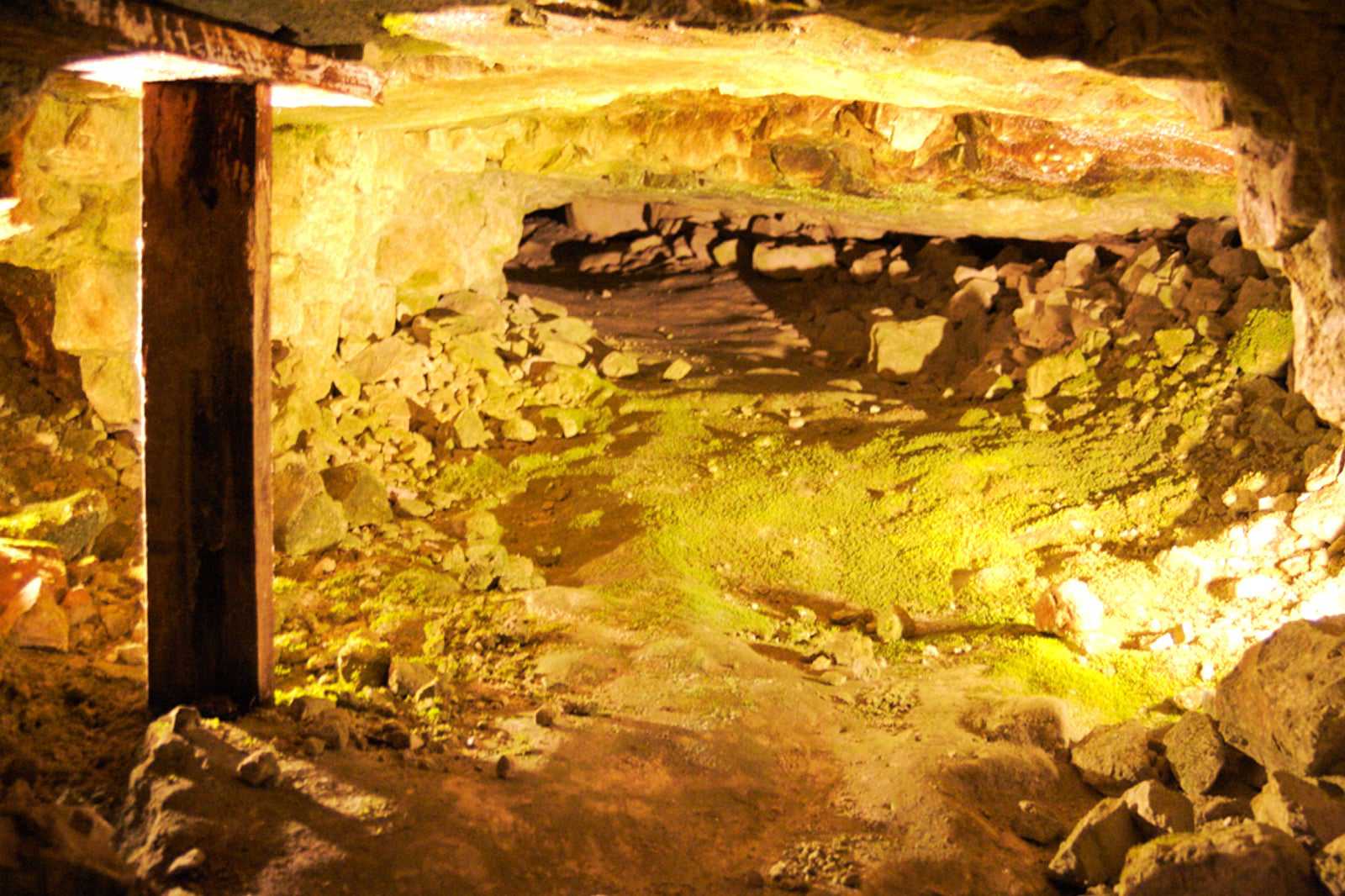
- History
- Photo
- Unusual
Grime’s Graves in Thetford is the only Neolithic flint mine that is open to the general public. The mine comprises more than 400 separate pits, with shafts and tunnels cut through the chalk. It was dug out over 5,000 years ago but wasn’t named until Anglo-Saxon times.
You access the subterranean wonder via a ladder. Down below, you can still see the remains of a jet-black seam of flint inside the excavated shaft. Managed by English Heritage, the displays at the onsite visitor centre provide historical context as well as scientific explanations.
Location: Grimes Graves Visitors Centre, Lynford, Weeting, Thetford IP26 5DE, UK
Mapphoto by Nic McPhee (CC BY-SA 2.0) modified
- 6
Pensthorpe Natural Park
Visit a stunning wildflower garden which mimics the natural landscape
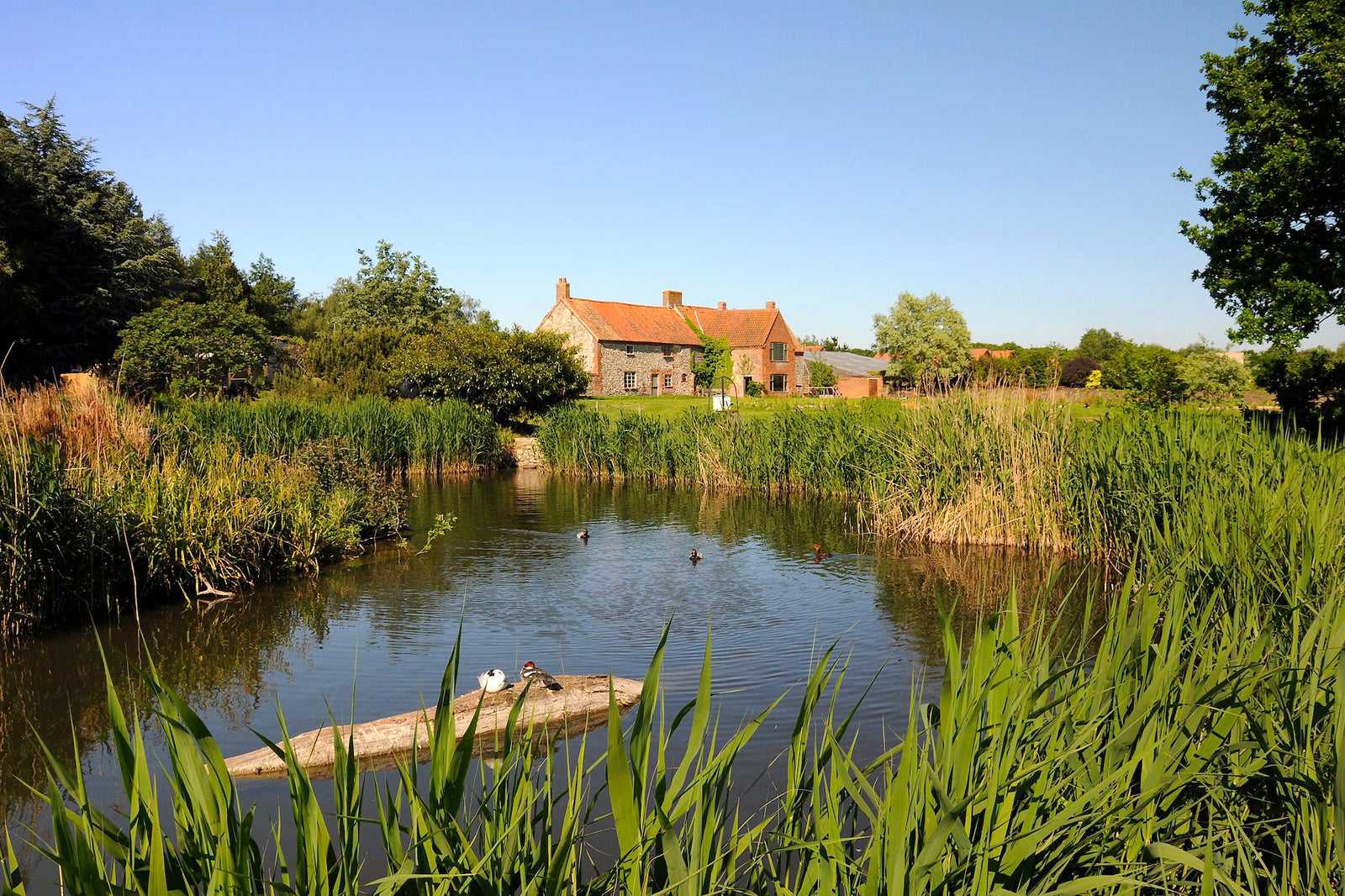
- Adventure
- Photo
Pensthorpe Natural Park is located beside the River Wensum. It comprises 700 acres of woodland and lakes. While the park is best known for its myriad birdlife, not least a flock of pink flamingos, occasionally you might spot a mammal such as a Muntjac deer or brown hare.
Pensthorpe’s showstopper is its beautiful Millennium Garden. The garden was designed by renowned Dutch plantsman Piet Oudolf. It has an island linked to its surrounding by a Monet-inspired bridge, and bold drifts of colourful perennials interspersed with grasses to dramatic effect.
Location: Pensthorpe Rd, Fakenham NR21 0LN, UK
Open: Daily from 10 am to 4 pm
Phone: +44 (0)1328 851465
Mapphoto by Martin Pettitt (CC BY 2.0) modified
- 7
Norfolk Broads
Laze away an afternoon on a boat
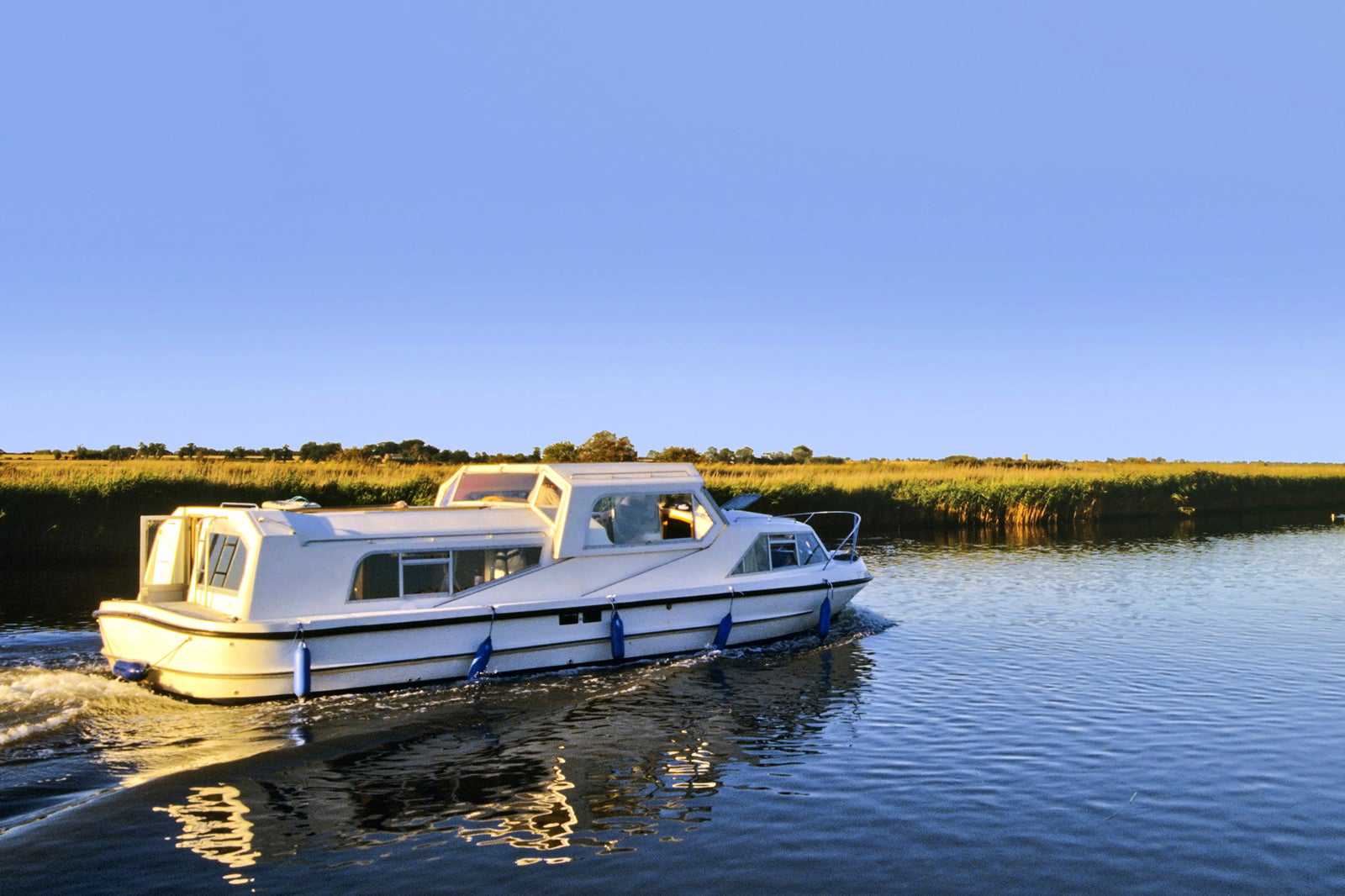
- Adventure
- Photo
The Norfolk Broads boasts 125 miles of navigable waterways, without a single lock in sight. It's the only part of East Anglia that's awarded a National Park status. Renting a motor cruiser or a barge is a popular pastime, whether for a few hours or a couple of weeks. Spend your days pootling past reed beds and windmills, before mooring up beside a country pub for an evening meal in traditional surroundings.
Though technically manmade, this bucolic landscape feels as natural as any in the English countryside. From the 12th century, local villagers dug out the peat that was abundant here. A couple of hundred years later, they became too treacherous to work and were abandoned. Flooded, they form what we now know as The Broads.
Location: Thorpe Rd, Norwich NR1 1RY, UK
Phone: +44 (0)1603 610734
Map - 8
Deep History Coast
Scour the sandy beaches for fossils and ancient relics
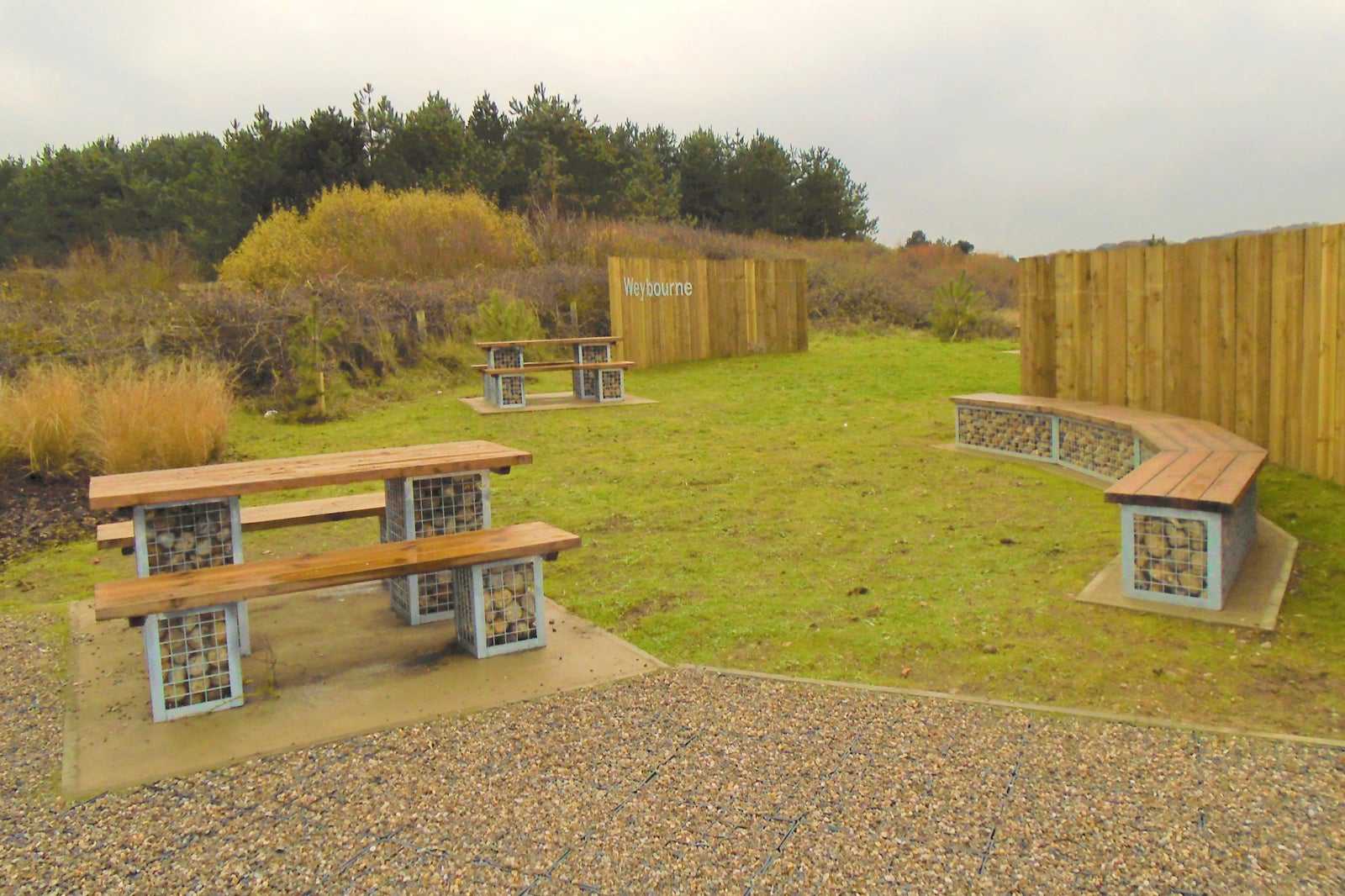
- Adventure
- Budget
- Photo
North Norfolk is home to the Deep History Coast, a 22-mile stretch of coastline notable for its prehistoric fossils and archaeological finds. Some 30 years ago at the base of the cliffs in West Runton, excavations revealed the skeleton of a mammoth – the most complete and oldest ever to be uncovered in the UK.
Other finds along the coastline include a prehistoric flint axe found at Happisburgh and a set of 850,000-year-old human footprints. The crumbling cliffs here are prone to erosion and it’s common for collapses to reveal fossils of some of the creatures who once inhabited the warm seas in these parts. Keep your eyes peeled in the rock pools and soft sand just in case.
Mapphoto by Kolforn (CC BY-SA 4.0) modified
- 9
Thetford Forest
Stroll through a century-old woodland
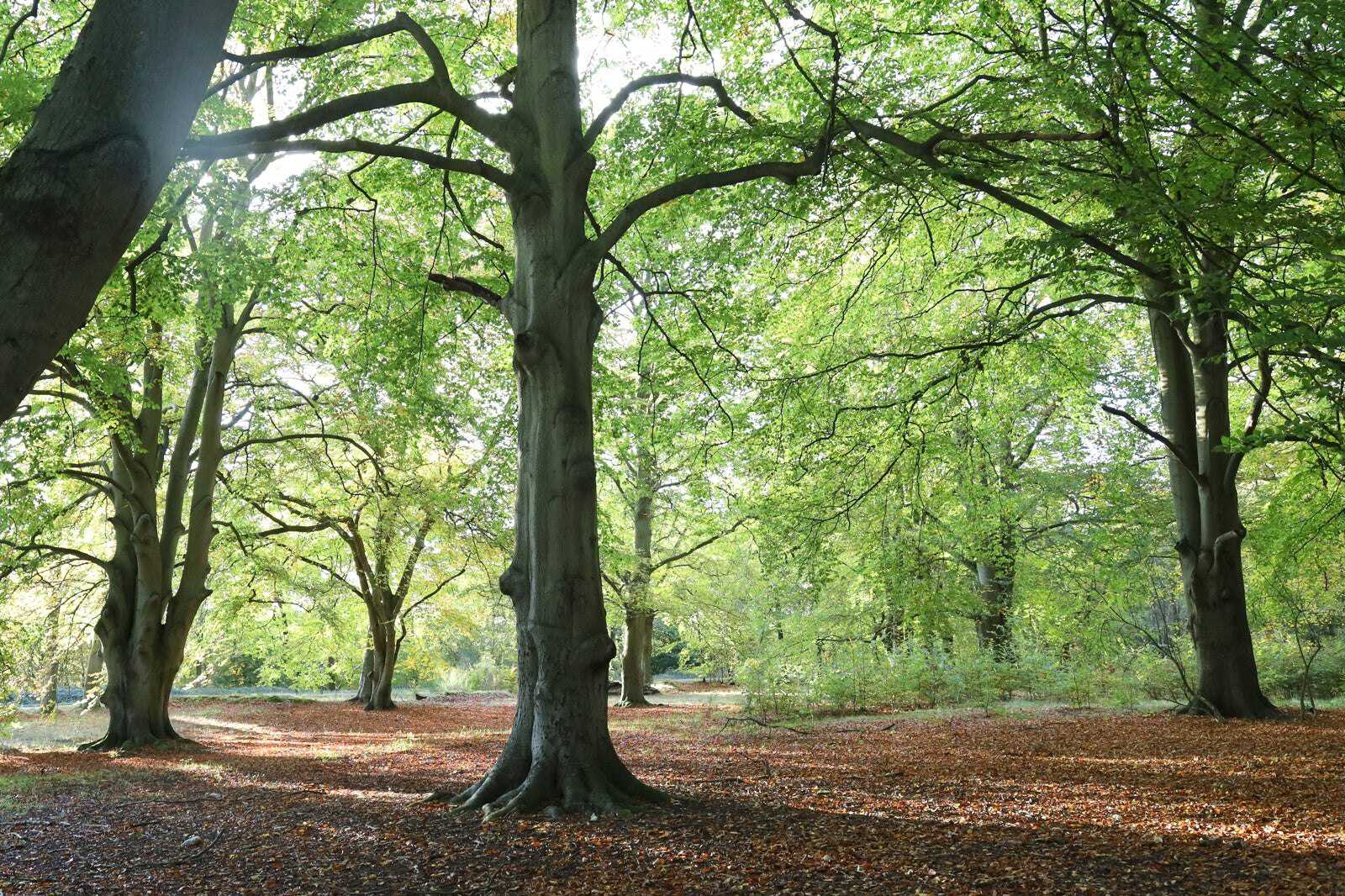
- Adventure
- Photo
The Forestry Commission manages Thetford Forest, the largest lowland pine forest in the country. The organisation planted the 20,000-ha woodland shortly after the WWI, ensuring that it balances the need for commercial timber production with tourism and other uses.
Thetford Fores has tracts of broadleaf plantings, such as oak and beech trees. Numerous trails crisscross the forest, some popular with walkers and others graded for mountain biking or horse riding. A curious rabbit or even a resident deer might join you for a picnic.
Location: Brandon, Suffolk, UK
Map - 10
Great Eastern Pingo Trail
Discover evidence of the last Ice Age in the heart of Norfolk

- Adventure
- Budget
- Photo
You’ll find the Great Eastern Pingo Trail on the edge of the Brecks in Thetford. During the last Ice Age, permafrost covered the landscape. Trapped water beneath the surface froze and, as ice takes up more space than water, pushed upwards to form small domed mounds. When the ice eventually melted, these low hillocks collapsed, leaving depressions in the earth which these days contain shallow ponds.
Walk the gentle 8-mile looping path which leads you from pool to pool. From the yellow water lilies that cover the pond at Thompson Water to the dragonflies of Cranberry Rough, this is a special place for nature enthusiasts.
Location: Thetford IP24 1SQ, UK
Mapphoto by David Pashley (CC BY-SA 2.0) modified
- 11
Great Chalk Reef
Uncover the secrets of Britain’s answer to the Great Barrier Reef
- Adventure
- Photo
Dive off the Norfolk coast between Weybourne and Happisburgh and you’ll find the Great Chalk Reef, also referred to as the Cromer Shoals Chalk Bed. It measures an impressive 20 miles long, but its age is even more mindblowing – scientists estimate the reef to be 100 million years old.
The hard rocky chalk is a stark contrast to the more usual soft sand and mud elsewhere in the North Sea. It’s home to a plethora of species, including starfish, anemones, sponges, and crustaceans, as well as fish such as cuttlefish, mackerel, and bass.
Map

